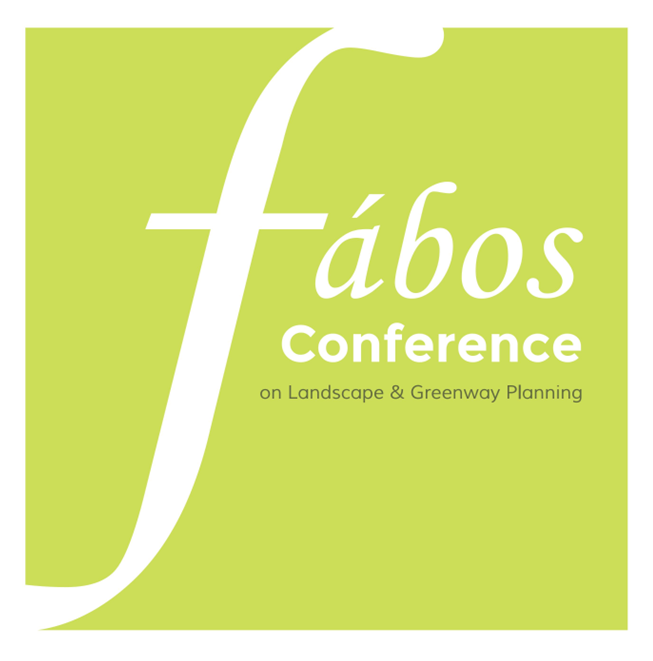Planning for Change in the Boston Metropolitan Area (USA): Exploring the relationship between urban greening and socio-economic processes
- Robert L Ryan (University of Massachusetts - Amherst)
- Paige Warren (University of Massachusetts, Amherst)
- Susannah Lerman (University of Massachusetts, Amherst)
- Kate Taylor (University of Massachusetts, Amherst)
- Eric Strauss (Boston College)
Abstract
Global population growth is increasingly concentrated in urban areas, degrading natural resources and threatening long-term sustainability of both human and biotic systems. Even in a developed nation like the United States, urban areas are expected to double in population and land area over the next fifty years (UNFPA, 2007). In order to plan for a more sustainable urban future, there is a need to understand the relationship between the socio-economic forces that are driving land use and land cover change, and the resulting impacts upon the ecosystem state and structure of the urban forest (Colding, 2007). In particular, this study will focus upon the role of urban greening projects in preserving urban open space, restoring ecological processes, and building stewardship of urban nature by local residents.
Urban greening is a spatially distributed form of land use-land cover change with diverse drivers and potential outcomes. In this framework changes in ecosystem state and structure, including the delivery of ecosystem services and other benefits to human well-being, are recognized as the aggregate outcomes of many local acts (e.g. tree-planting, riparian restoration, and community gardening). Each can be treated as opportunistic experiments, with testable predictions regarding their consequences, (e.g., for biodiversity, air quality, and fluxes in water and nutrients). From this perspective urban greening can be placed in the context of broader scale processes of urban-associated land use/land cover change.
In order to explore these issues, an interdisciplinary team was formed to develop a long-term research study for the Boston Metropolitan Area to provide a model for scientific investigation and to address the critical needs of urban communities.
Keywords: greenways, boston, metropolitan, area, massachusetts, urban, greening, land use, landscape, design, planning
How to Cite:
Ryan, R. L., Warren, P., Lerman, S., Taylor, K. & Strauss, E., (2010) “Planning for Change in the Boston Metropolitan Area (USA): Exploring the relationship between urban greening and socio-economic processes”, Fábos Conference on Landscape and Greenway Planning 3(1). doi: https://doi.org/10.7275/fabos.885
Downloads:
Download PDF
355 Views
150 Downloads
